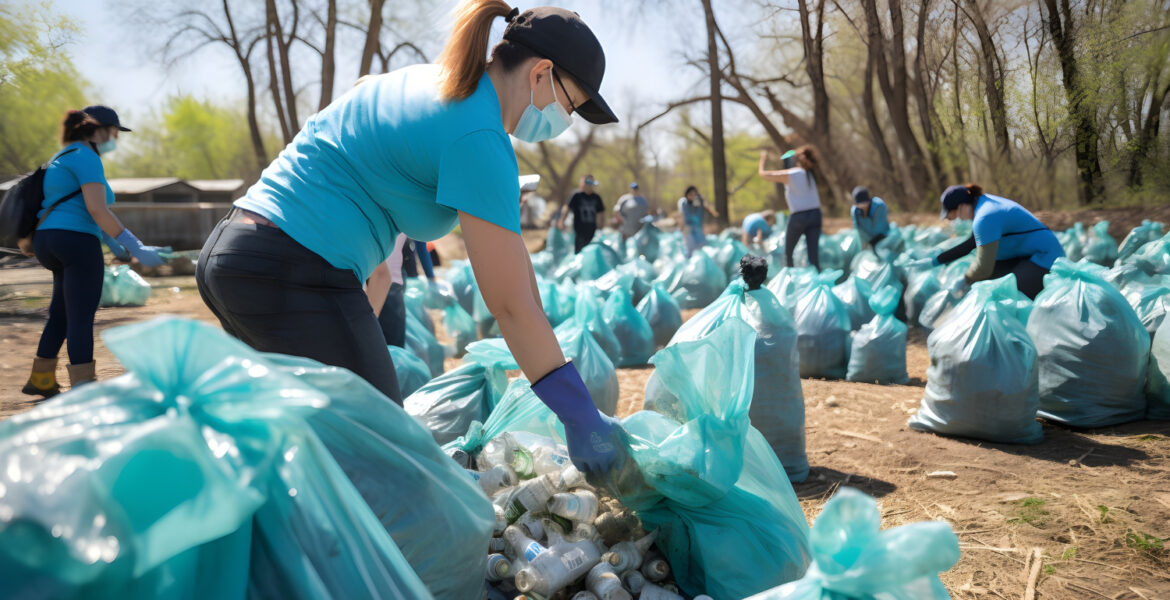Compostable Garbage Bags, A Greener Solution to Everyday Waste
Discover how compostable garbage bags are making daily waste disposal safer, smarter, and better for the planet. Practical, simple, and eco-friendly.
1. Compostable Garbage Bags: A Greener Solution to Everyday Waste
The Not-So-Fun Truth About Plastic Bags We have all used them. Those black plastic garbage bags that look innocent but stick around for hundreds of years. You throw one away and forget it, but it doesn’t forget you. It ends up in a landfill—or worse, in the stomach of a turtle.
They are cheap. They are handy. And they are a massive environmental problem. Traditional plastic bags take centuries to decompose, and even then, they just break into microplastics that keep polluting our soil, water, and food.
What is a Compostable Garbage Bag, and Why Should You Care? Think of it as a garbage bag with an exit strategy. Compostable garbage bags are made from natural stuff—like cornstarch or other plant-based materials. When you toss them in a composting bin, they break down in a few months. Not centuries.
They don’t leave behind plastic bits. No toxins. Just harmless, soil-loving goodness.
Aren’t Biodegradable Bags the Same? Not Quite. Here is where it gets confusing. Biodegradable sounds great, but it is a little sneaky. Many biodegradable bags still contain plastic. They break down faster than regular plastic, but they still leave behind microplastics.
Compostable bags, on the other hand? They break down completely. Nothing nasty left behind.
Everyday Uses That Actually Make Sense You don’t need to be a zero-waste superhero to use compostable garbage bags. Just use them like your regular bin liners. Kitchen waste, garden clippings, food scraps, paper towels—they handle it all.
They are also great for:
- Small bathroom bins
- Office lunchroom bins
- Compost collection from your balcony garden
- Events, parties, or clean-ups
They are strong enough to hold wet, messy, smelly stuff. And they don’t turn into soggy paper halfway through the job.
How to Compost These Bags at Home Without Turning It Into a Science Project If you have a compost bin or pile, these bags can go right in with the rest of your food or garden waste. Keep the pile slightly moist, give it a turn once in a while, and you’re sorted. Most compostable bags break down within 3 to 6 months under the right conditions.
And no, it does not have to smell. Or be complicated.
Real Benefits, No Fancy Promises Here is the deal:
- They are not made of plastic
- They won’t clog landfills for 500 years
- They won’t leak all over your floor
- They won’t rip the moment you put something sharp inside
You are basically getting everything a normal garbage bag does—without the guilt.
H2: What to Watch Out For Not all compostable bags are created equal. Some are only compostable in industrial facilities. Look for bags that are home compostable if you plan to compost in your backyard.
And check for certifications. Don’t just fall for green packaging.
The Bigger Picture (and Your Small Role in It) Let us be honest—plastic pollution won’t go away overnight. But small switches like this one? They add up. One compostable garbage bag means one less plastic bag sitting around for the next 500 years.
It is not about being perfect. It is about being better than yesterday.
Conclusion Compostable garbage bags are not just for eco-warriors or green influencers. They are for anyone who wants to toss their trash without trashing the planet.
Simple to use, easy to find, and genuinely better for the earth, these bags make the shift from plastic painless. If you are still on the fence, try a small pack. See how it fits into your routine. You might just wonder why you did not switch sooner.
Because doing better does not need to be harder. It just needs a bag that disappears when it is supposed to.

